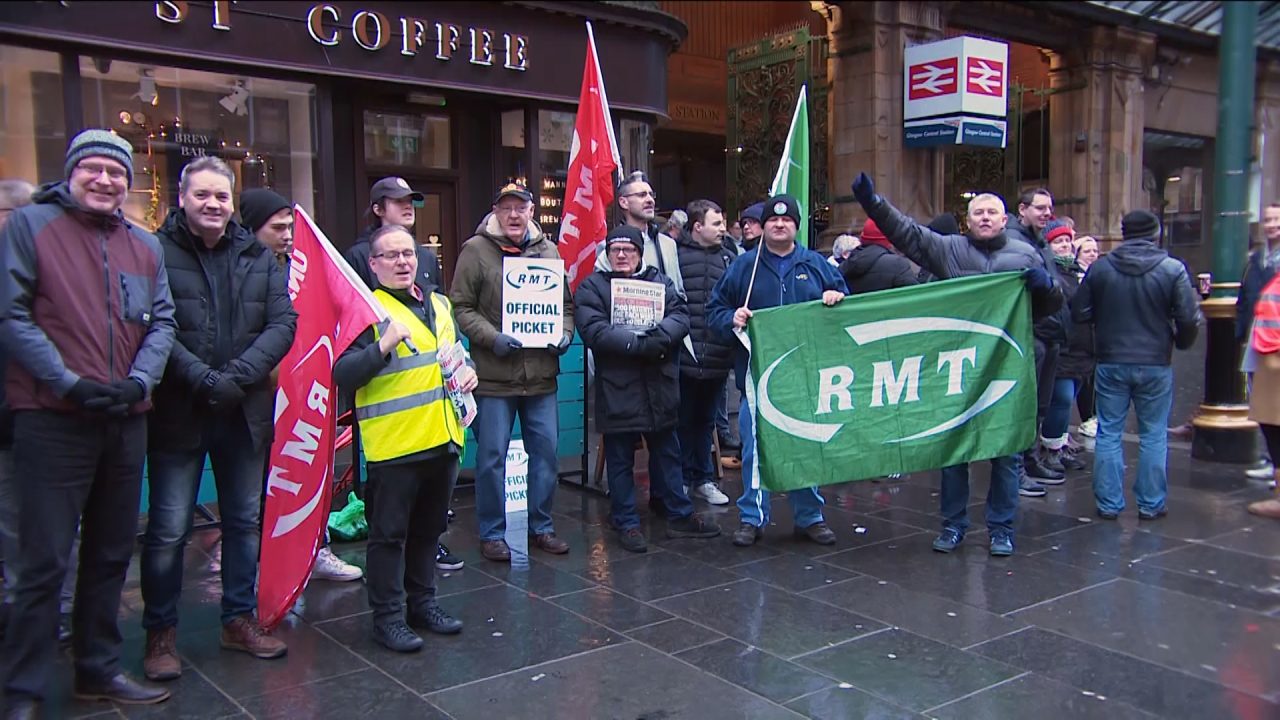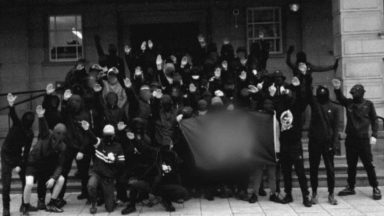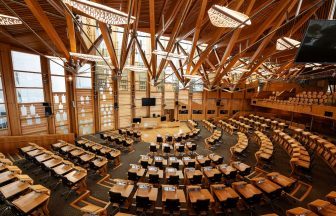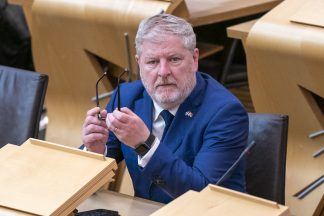Employers could be allowed to sue unions who fail to ensure “minimum safety levels” during industrial action.
Legislation proposed by the UK Government could mean those representing workers in the health, education and fire and rescue sectors will be legally bound to provide an “adequate level of coverage” as judged by a consultation with industry bosses.
Business secretary Grant Shapps said the Bill, planned to be introduced in Parliament in the coming weeks, was designed to protect “lives and livelihoods” after waves of strikes over pay and conditions disputes in the past few months.
But union leaders branded the laws “shameless” and accused the Government of “attempting to scapegoat key workers”.
“While we hope that voluntary agreements can continue to be made in most cases, introducing minimum safety levels – the minimum levels of service we expect to be provided – will restore the balance between those seeking to strike and protecting the public from disproportionate disruption,” Shapps said.
“Industrial action is disruptive for everyone – from people relying on essential services to get to work or care for their family to hard-working business owners whose sales suffer. It also costs those striking at a time when family budgets are tight.”
The Government said it will invite unions to meet for “honest, constructive conversations” about what is fair and affordable in public sector pay settlements for 2023/24, as part of a “reasonable approach” to avoiding prolonged industrial action.
However, Gary Smith, GMB general secretary, said it would do nothing to help patients or members if minimum staffing levels were imposed on the NHS.
“A Government that has presided over 13 years of failure in our public services is now seeking to scapegoat the NHS staff and ambulance workers who do so much to care for the people of our country,” he said.
“The NHS can only function with the goodwill of its incredible staff and attacking their fundamental right to take action will alienate them even further.
“We are always ready to discuss our members’ pay but the Government is refusing to talk about problems as they exist now, instead they want to kick the can down the road.”
Workers from the Rail, Maritime and Transport (RMT) union are staging a series of strikes this week in a dispute with Network Rail.
It means rail services on most lines in Scotland have been severely curtailed or cancelled, while cross-border routes were slashed on Thursday.
TUC general secretary Paul Nowak said: “This is an attack on the right to strike. It’s an attack on working people, and it’s an attack on one of our longstanding British liberties.
“It means that when workers democratically vote to strike, they can be forced to work and sacked if they don’t. That’s wrong, unworkable, and almost certainly illegal.
“There is a world of difference between promises of jam tomorrow with technical discussions about pay review bodies, and proper negotiations on pay in the here and now.”
He added: “Our public services are already deep in a staffing crisis. But this government has gone from clapping key workers to threating them with the sack if they take lawful action for a pay rise.
“It will only push more people away from essential jobs in public services, harming the whole nation.”
Follow STV News on WhatsApp
Scan the QR code on your mobile device for all the latest news from around the country


 STV News
STV News
























